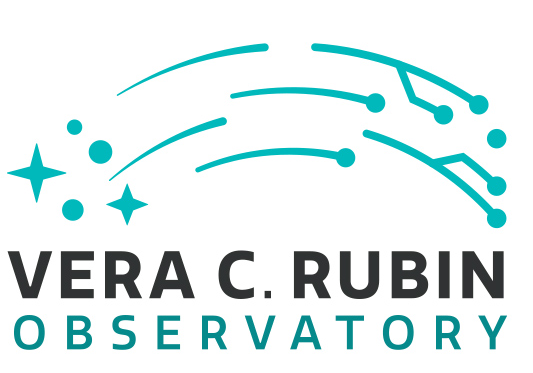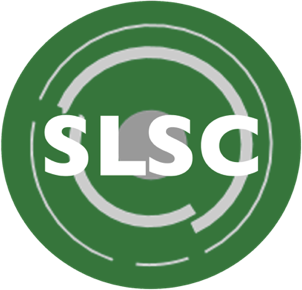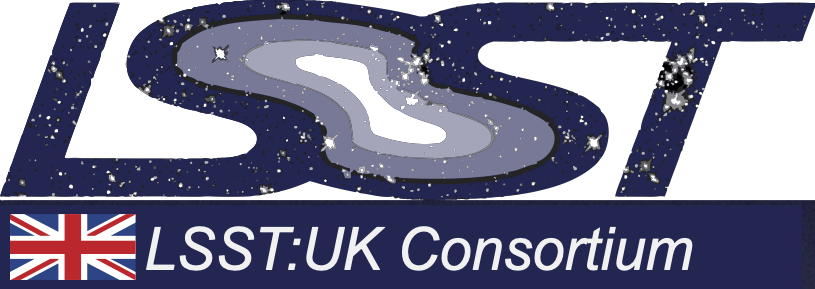Image credits, left to right: [1] Art: Measuring mistakes by Ulrike Kuchner. Lapel pin: CepheidStudio. [2] EROJ003707+0909.5, aka the space-invader. [3] Mapping dark matter with gravitational lensing. [4] Searching for gravitationally lensed gravitational waves.
Organisational change
When I graduated from the University of Oxford I was curious about management, so I joined Arthur Andersen and worked for them as a management consultant throughout the 1990s. By the time I felt ready to start a PhD (and take a 90% pay cut!) I was working as a Manager for Arthur Andersen Business Consulting in London.
A lot happened in the 1990s, including: emergence of Business Process Re-engineering (dramatic shift from functional "silos" to customer oriented processes); significant expansion of the computing capabilities available to business; a new focus on the human impact of changing how businesses operate (broadly called "change management"); and the emergence of the world wide web.
My colleagues and I helped businesses to reorganise in response to emerging technology, growing customer expectations, and new market opportunities. Our clients included industrial giants such as British Nuclear Fuels (BNFL), Ciba Geigy, Marconi and GEC, and medium sized players in the supply chains that serve high street retailers including major supermarket chains.
I played a wide variety of roles, including data analysis (think forerunner of today's "data science"), horizon scanning / strategic visioning with senior executives, design and delivery of skills training, and supporting client teams to implement changes in technology, business processes and organisational culture.
Similarities between consulting and academia include quickly grasping complicated problems, inventing and testing solutions, and engaging/supporting diverse teams. Key differences include timescales and motivations. As a consultant I rarely worked on a project for longer than one year, and projects were driven by the profit motive, whilst in academia I work on curiosity-driven projects that can last many years.



